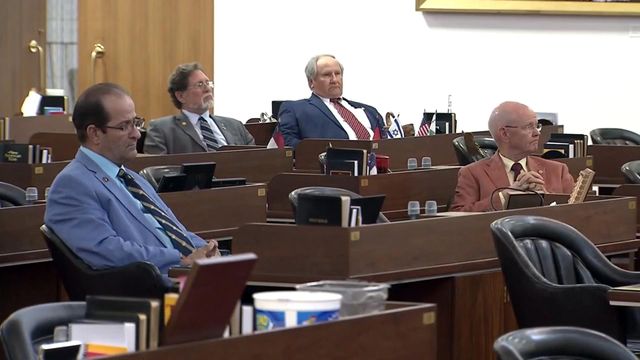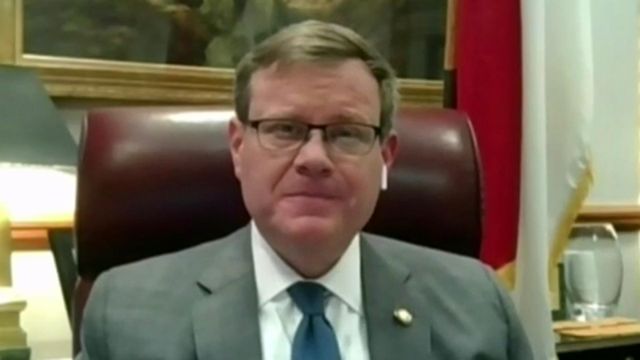NC Senate OKs $1.4B coronavirus relief package
The state Senate gave unanimous approval Wednesday night to a measure directing some $1.4 billion in federal aid to North Carolina schools, businesses and others hit hard by the coronavirus pandemic.
Posted — Updated"What we have put together here is something that represents the work of all members of the North Carolina Senate," Senate President Pro Tem Phil Berger said.
"This truly does have all the aspects of a consensus bill that you’re ever going to see," Senate Minority Leader Dan Blue said.
The House bill would spend nearly $1.7 billion from CARES Act funding, which allocated about $3.5 billion to North Carolina.
Senate leaders say their proposal spends $2.4 billion in federal funds, but more than $1 billion of that comes from earlier federal relief bills, some of which went directly to the Governor's Office or to cities, counties and school districts, bypassing the legislative appropriations process.
Sen. Ralph Hise, R-Mitchell, said the Senate negotiated with Democrats in the chamber and Gov. Roy Cooper's administration, not with the House, on its final plan.
"The goal is the same," said Berger, R-Rockingham. "That is to come up with a bill that will enjoy broad, bipartisan consensus to do what we can to address some of the needs around here."
The $300 million is certainly no small gap. But policy differences in the two chambers' proposals are also notable.
Another difference is in spending on virus testing and research.
There are also sizable differences in funding for particular areas.
Education and health funding also differs widely between the two proposals:
- The Senate is proposing $56 million for school nutrition programs, compared to $80 million in the House bill.
- The House bill includes $75 million in grants for rural hospitals. The Senate bill doesn't include funding for them.
- The House is proposing $50 million for personal protective equipment.
Senate budget leader Sen. Brent Jackson, R-Sampson, said all sides are trying to get help approved quickly.
"We know many all around our state are hurting right now, and I know we’re going to do our best to do what we can for them," Jackson said. "I know we all share the same goal to provide that help and relief to our constituents."
Related Topics
• Credits
Copyright 2024 by Capitol Broadcasting Company. All rights reserved. This material may not be published, broadcast, rewritten or redistributed.






